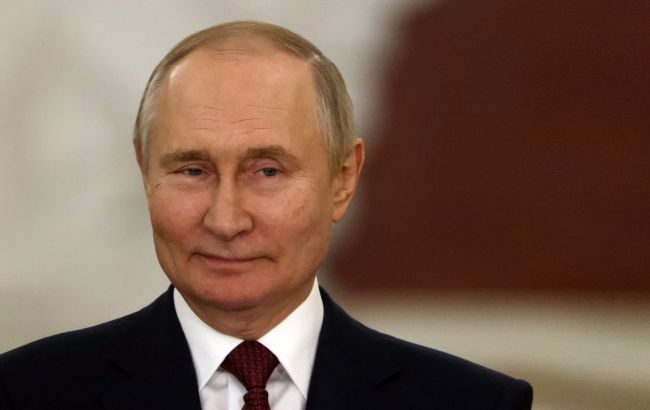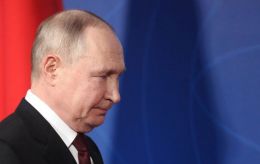Russia supplies grain to Africa to strengthen its influence
 Russian dictator Vladimir Putin (photo: Getty Images)
Russian dictator Vladimir Putin (photo: Getty Images)
In the coming days, Russian cargoes of free grain will start arriving in Africa to give a new boost to Russia's influence on the continent, Bloomberg reports.
Russia's desire to strengthen ties with African countries by expanding trade and sending Wagner PMC mercenaries to support unstable governments follows attempts by the United States and its allies to isolate Russia in response to the invasion of Ukraine. However, Africa remains a minor player, with bilateral trade with the continent totaling only $18 billion in 2022, a fraction of China's $282 billion.
At the same time, research presented at a conference in Cape Town organized by the foundation of former South African President Thabo Mbeki tried to dispel the idea that Moscow is primarily responsible for the rise in food prices.
According to a study supported by the foundation of Russian billionaire Andrey Melnichenko, direct or indirect sanctions imposed on Russia and its ally Belarus reduced global fertilizer and ammonia supplies by 40.8 million tons by April 2023.
Although Russian fertilizers were not subject to international sanctions, fines imposed on the owners of companies that produce them, as well as restrictions on the banking and logistics industries, led to a drop in exports last year. They subsequently recovered, which led to lower prices.
An analysis of the impact of the Black Sea grain deal showed that it helped feed about 95 million people, but did not ensure the unimpeded flow of fertilizers from Russia to world markets.
It is also noted that billionaire Melnichenko visited South Africa at the end of last year to lobby politicians to support his request to the EU to solve the problems with fertilizer supplies.
Grain deal
Since withdrawing from the agreement, Russia has repeatedly shelled Ukrainian ports and grain warehouses, prompting a wave of accusations from Ukraine and the West that it was using food as a weapon of war, and world grain prices have risen again.
At the same time, Russian dictator Vladimir Putin used the Russia-Africa summit held in St. Petersburg in late July to try to give a new impetus to the countries' ties.
In particular, he promised to deliver Russian grain free of charge over the next few months to the six countries participating in the summit.
At the same time, Zimbabwean President Emmerson Mnangagwa responded that Harare is not experiencing food shortages.

